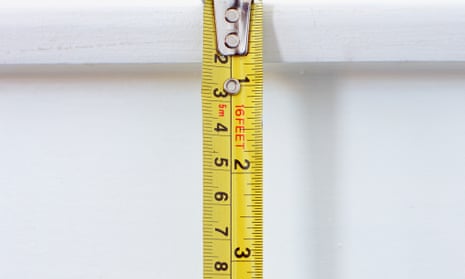Straight Up
When she grasped what I considered big,
stuttered Is that it?
I fumbled with the zip.
For a decade I thought myself unfit,
destined to drift
with lads unable to get onto the pitch.
Until I was referred to a page-turner
for the inadequate,
What men can do with or without it.
If things for us go amiss, let us persist
with this artificial aid –
which I believe is strapped on like this.
This week’s poem comes from Owen Gallagher’s third collection, A Good Enough Love, recently published by Salmon Poetry.
Gallagher was born of Irish parents in the Gorbals area of Glasgow, now lives in London and has been a primary school teacher in Southall. His poems are determinedly unpretentious, favouring brevity and humour. They inhabit the gentler side of satire, attacking taboos, but without making the reader feel under attack, nipping the edges of middle-class comfort-zones without introducing an icy draught. Here is a taste of his second collection, Tea with the Taliban.
A Good Enough Love is divided into three parts - Recycling Love, Testes and Happiness has no Forwarding Address. The narrative arches from emotional disappointment and betrayal, through bodily affliction, to jaunty recovery and a final section that celebrates origins and makes sense of memories in some roomier, more complex poems.
Straight Up is from the agreeably concise and straight-talking “Testes” section. This section might have been crudely, warningly subtitled Men’s Embarrassing Bodies, but it bears a more nuanced epigraph: “Males: held to the light, we’re all skin, bone, testosterone, in pursuit of arms to bask in, grow.”
As this indicates, the conventions of masculine identity are largely left undisturbed, but the candour in itself has an interrogative quality. Gallagher’s speaker finds a testicular lump on “the eve of our honeymoon,” nervously attends a Men’s Clinic, is tempted by suicide, has surgery, and recovers his sense of humour from impending panic, when the priest visits him and turns out to have the wrong man. The balance is well-judged: Gallagher does not use self-mockery as armour against painful emotions, but is quietly alert to its opportunities.
“Straight Up” is probably the most playful and assertive poem in the series, if not the book. If its context is the sombre one already outlined, it generalises common masculine fears not necessarily founded on disease or dysfunction, fears about penis size and performance which are no doubt biologically, as well as culturally, constructed, like women’s fears about their physical attractiveness.
The speaker is put cruelly in his place, as the partner, in the first stanza, “grasps” both the situation and the offending part, and signs the erectile death warrant with her scathing “Is that it?” The fumbling with the zip implies defeat and retreat – comically extended for a decade. An unedifying metaphor, sex as a football pitch, completes the wry self-mockery and general disillusion of stanza two. Then, as in an old-fashioned newspaper advert, the loser is saved by a book, “a page-turner for the inadequate”. The title, not capitalised, so perhaps a sub-heading, picks up the coy but salacious tone of the beginning: “What men can do with or without it.”
Frankness knowingly wears such linguistic disguise. The self-denigration is not forced, but it’s amused rather than abject. And, in the last tercet, masculine assertiveness is determined to recover itself: “If things for us go amiss, let us persist/ with this artificial aid –”. A practical way with gadgets is invoked, albeit with a qualification, “which I believe is strapped on like this.”
The poem ends before we know the outcome, but success is probably implied. It doesn’t matter much: what matters more than the narrative is the speaker’s tone. Its insistence is underlined by the dominant assonantal effect, included in, but not limited to, lines’ end- words: drift, zip, persist, etc. Only “page-turner” and “aid” (and, depending on one’s pronunciation, “inadequate”) lack the vowel rhyme, which is inevitably an echo, anxious in its effect, of the all-important epithet, “big” and the euphemistic “it.” This device may also evoke the sounds of stuttering, attributed to the speaker’s partner, but perhaps indicative of his own anxieties.
Interpreting this poem from the distaff point of view has its risks, of course. Perhaps the male reader is more inclined to wince (another potential rhyme-word and ghostly presence). But what else is an online forum for, if not to consider such delicate and pertinent questions? I have to admit it: I’ve read this poem at least a dozen times, and it still makes me smile.

Comments (…)
Sign in or create your Guardian account to join the discussion